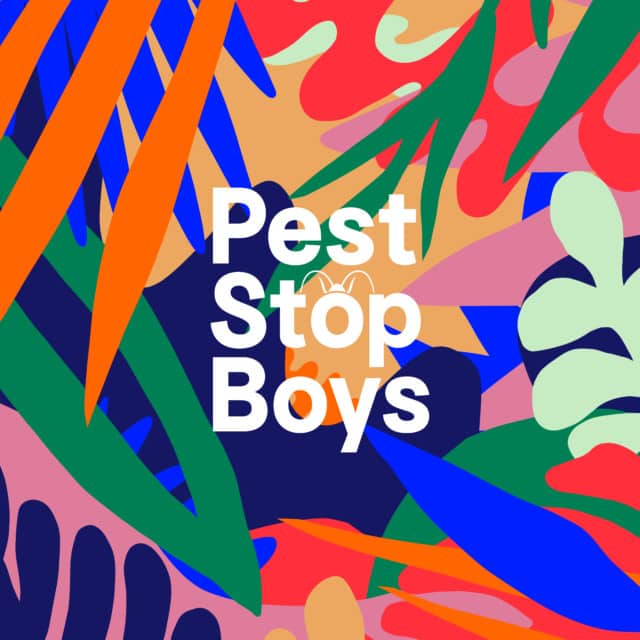What insects are pests
What insects are pests? There are thousands of different insect varieties that are native to the UK, but for the most part, we coexist alongside them in harmony. In commercial and residential properties and premises these are the most common insect pests:
- Ants: Ants live in nests – and can make these nests in a wide range of different places. You may find them underground, beneath rocks or paths or in wood, as well as inside buildings – including within walls and in fireplaces.
- Bedbugs: Their name may suggest they only live in beds…but bedbugs can also be found living in other types of furniture, as well as behind wallpaper and under pictures hanging on your wall.
- Bees: Different types of bee live in different places. You’ll find some in tunnels or hollow wood, while others live beneath the ground. Some live in hives, while others can nest in lofts, trees or bird boxes.
- Cockroaches: Nocturnal by nature, cockroaches love dark, moist areas. As a result, they’re most often found in kitchens and bathrooms: check behind washing machines, dishwashers, toilets, baths and sinks, as well as around cookers and service ducts.
- Dust mites: As they feed on dead skin, dust mites thrive in living areas of people’s homes: mattresses, bedding, chairs, carpets, upholstery and curtains. Why? Because these are the places where shed skin is most likely to be found.
- Fleas: Adult fleas tend to live on animal fur, which is where they also lay their eggs. These eggs can fall wherever affected animals pass by, so are frequently found in carpets, bedding and furniture. Flea larvae, meanwhile, like narrow, dark and dusty spaces for protection, like on floors and in carpet fibres.
- Flies: Flies will often congregate anywhere they may find decaying matter. This explains why they are often found in homes and businesses, around waste bins and in areas populated by other animals.
- Moths: Different types of moths live in different habitats: woodland, gardens, coastal areas and other environments. The moths that are generally classed as pests, though, will gather in places with access to clothes and soft furnishings.
- Silverfish: These insects like moist areas: bathrooms, kitchens, basements and larders. They also often gravitate towards paper, like wallpaper and books.
- Wasps: Indoors, wasps can be found in wall cavities, airbricks and roof spaces. Outdoors, they will build their nests in hedges, holes in trees, soil banks and garden sheds.
When determining what insects are pests, you’ll need to look at their behaviours. Generally speaking, any insect that poses health risks, damages property or crops or poses a nuisance can be considered a pest.
How insect pest control is approached depends on the type of insect you are dealing with. All insects have different lifecycles and breeding habits. Worker wasps, for example, live for only 12-24 days, with an annual reproductive cycle. Fleas, meanwhile, can live for up to a year – with a female laying as many as 50 eggs in a single day!




There are two key ways in which insects can be considered pests: if they cause health issues, or if their presence has economic implications.
Insects can affect our health in all sorts of ways. Some, like fleas, can bite and cause a huge amount of irritation. Others, like wasps and bees, can leave a painful sting, which is particular dangerous for those with bee and wasp allergies.
Pest insects like weevils can get into food supplies and contaminate them and others, like flies that live on decaying matter, can carry serious diseases like salmonella, E. Coli or campylobacter.
The economic implications of insect pests are hugely varied. Some can destroy entire crops, either by eating them or transmitting viruses, or infect livestock. Some, like moths and silverfish, can damage the contents of a property, while others can eat into the actual structure of a building: a problem which can be pretty costly to fix.
With major health and economic implications, it’s easy to see why insect pest control is so important.
There are plenty of things you can do to reduce the likelihood that you’ll need insect pest control, such as:
- Keeping bin lids closed
- Making sure food and rubbish aren’t left out
- Keeping your property clean and tidy – especially kitchens and bathrooms
- Regularly checking pets and/or livestock for fleas, and treat them regularly for potential infestations.
- Keep an eye out for signs of infestations
Despite your best efforts, insect infestations can still happen – and through no fault of your own. If this happens to you it’s vital that you resolve the issue as soon as you can. Many types of insects can multiply quickly – either through breeding or by letting others know that they’ve found a great spot – and you could soon find yourself overwhelmed.
When you’re looking for insect pest control services, you’ll want a firm that will deal with the problem quickly, safely and reliably – and help you to prevent the issue from happening again. At Pest Stop Boys, we’ve got you covered.
Our insect pest control treatments include wet treatments, dry treatments and gels, all of which are reliable, safe and effective. When deciding which method to use, we’ll always consider children, pets and the environment – and with pests like bees, we’ll rehome rather than destroying.
Our Checkatrade reviews will show you just how happy our clients are with our insect pest control services: we’re proud of our effectiveness and our great customer service. So, if you’ve got an existing insect pest control issue – or you’re looking for advice on avoiding future infestations – get in touch for a consultation today.

